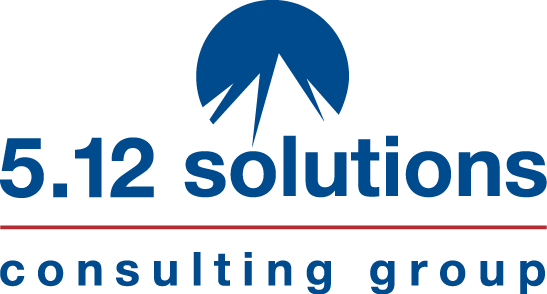Statistics like this point to the issue that organizations need to be looking at their workforce now and in the future for what appears to be a growing issue. Hiring right and retaining are obviously one part of the equation, but organizations need to invest in training and strategic workforce strategies that help managers understand their role as “coach.”
One of our clients passed along this training scenario that paints a strong mental picture: “To illustrate the importance of feedback and coaching, ask for a volunteer from the group. Position the volunteer in a standing position and place a large empty box at some distance behind the person. Place about 20 pieces of wadded up paper within reach of the volunteer.
Explain to the group that their job is to give clues to the volunteer that will help him/her to throw the wads into the box without turning around.
Give examples of clues such as ‘a little to the left.’ Keep the activity going until the volunteer has successfully thrown at least 3 wads of paper in the box.
Ask the group to describe why their feedback or coaching was so important.
Variation: At some point the trainer can move the box to illustrate the importance of communication when change occurs.”
Some Perspective
As I am thinking about this trainer’s tip, I have to say that this is great imagery for what happens every day on the job. Can you imagine the person that comes on to the manufacturing line with absolutely no skills? How about the individual who is pulled from the front line to be a supervisor? And, what about the new executive working in an industry that is changing so fast he/she barely has the business skills to cope?
This is the challenge of our fast-paced world, where employee skills shortages meet with business technology expansion, competitive overload, and monumental change.
Having a manager who can coach you through the massed pile of “paper wads” and the unfamiliar territory in your day can make or break you in your ability to be productive.
Heaven forbid that someone move the “box” that you have been working towards.
The point is that managers are responsible for a lot these days – hiring staff, meeting budget targets, and achieving departmental goals. This is a strain some days, and it is easy to feel unproductive yourself. It is equally important for employees to feel that they are meeting their goals and performing acceptably. It would be easy to ignore the individual task of coaching, but we simply can’t do that.
Ignoring the skills gap. . . ignoring the need to develop individual performers will be detrimental to the overall performance of the organization and the ability to stay competitive.
The big question is, are you coaching your people to get their “three wads of paper in the box”? Can they get to five, six or even seven wads of paper by this time next month? Think about it. And, with your environment constantly changing, who will guide the team to the right place?
